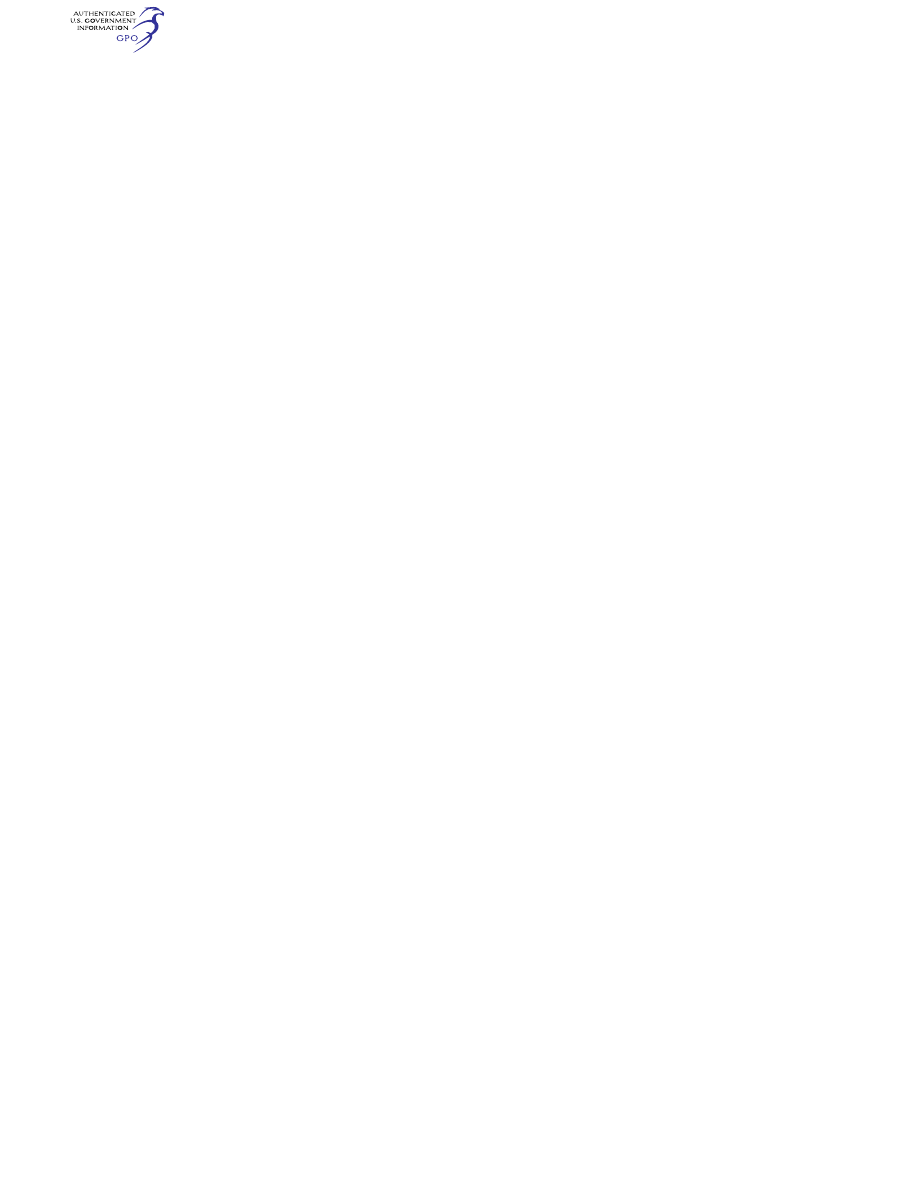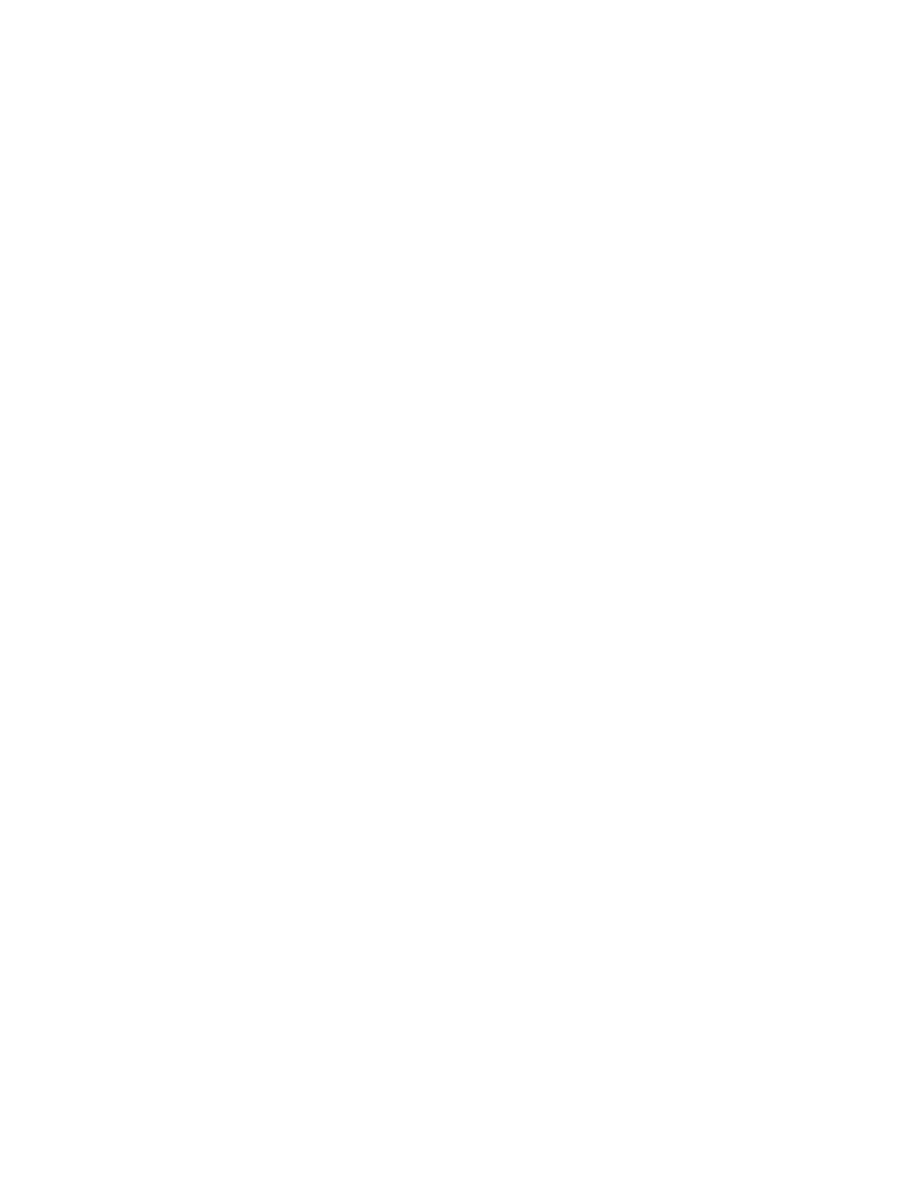
650
14 CFR Ch. I (1–1–24 Edition)
§ 29.1181
system is causing the continuous dis-
charge of any battery necessary for en-
gine ignition.
[Doc. No. 5084, 29 FR 16150, Dec. 3, 1964, as
amended by Amdt. 29–12, 41 FR 55473, Dec. 20,
1976]
P
OWERPLANT
F
IRE
P
ROTECTION
§ 29.1181
Designated fire zones: re-
gions included.
(a) Designated fire zones are—
(1) The engine power section of recip-
rocating engines;
(2) The engine accessory section of
reciprocating engines;
(3) Any complete powerplant com-
partment in which there is no isolation
between the engine power section and
the engine accessory section, for recip-
rocating engines;
(4) Any auxiliary power unit com-
partment;
(5) Any fuel-burning heater and other
combustion equipment installation de-
scribed in § 29.859;
(6) The compressor and accessory sec-
tions of turbine engines; and
(7) The combustor, turbine, and tail-
pipe sections of turbine engine instal-
lations except sections that do not con-
tain lines and components carrying
flammable fluids or gases and are iso-
lated from the designated fire zone pre-
scribed in paragraph (a)(6) of this sec-
tion by a firewall that meets § 29.1191.
(b) Each designated fire zone must
meet the requirements of §§ 29.1183
through 29.1203.
[Amdt. 29–3, 33 FR 970, Jan. 26, 1968, as
amended by Amdt. 29–26, 53 FR 34219, Sept. 2,
1988]
§ 29.1183
Lines, fittings, and compo-
nents.
(a) Except as provided in paragraph
(b) of this section, each line, fitting,
and other component carrying flam-
mable fluid in any area subject to en-
gine fire conditions and each compo-
nent which conveys or contains flam-
mable fluid in a designated fire zone
must be fire resistant, except that
flammable fluid tanks and supports in
a designated fire zone must be fireproof
or be enclosed by a fireproof shield un-
less damage by fire to any non-fire-
proof part will not cause leakage or
spillage of flammable fluid. Compo-
nents must be shielded or located so as
to safeguard against the ignition of
leaking flammable fluid. An integral
oil sump of less than 25-quart capacity
on a reciprocating engine need not be
fireproof nor be enclosed by a fireproof
shield.
(b) Paragraph (a) of this section does
not apply to—
(1) Lines, fittings, and components
which are already approved as part of a
type certificated engine; and
(2) Vent and drain lines, and their fit-
tings, whose failure will not result in
or add to, a fire hazard.
[Doc. No. 5084, 29 FR 16150, Dec. 3, 1964, as
amended by Amdt. 29–2, 32 FR 6914, May 5,
1967; Amdt. 29–10, 39 FR 35463, Oct. 1, 1974;
Amdt. 29–22, 49 FR 6850, Feb. 23, 1984]
§ 29.1185
Flammable fluids.
(a) No tank or reservoir that is part
of a system containing flammable
fluids or gases may be in a designated
fire zone unless the fluid contained, the
design of the system, the materials
used in the tank and its supports, the
shutoff means, and the connections,
lines, and controls provide a degree of
safety equal to that which would exist
if the tank or reservoir were outside
such a zone.
(b) Each fuel tank must be isolated
from the engines by a firewall or
shroud.
(c) There must be at least one-half
inch of clear airspace between each
tank or reservoir and each firewall or
shroud isolating a designated fire zone,
unless equivalent means are used to
prevent heat transfer from the fire
zone to the flammable fluid.
(d) Absorbent material close to flam-
mable fluid system components that
might leak must be covered or treated
to prevent the absorption of hazardous
quantities of fluids.
§ 29.1187
Drainage and ventilation of
fire zones.
(a) There must be complete drainage
of each part of each designated fire
zone to minimize the hazards resulting
from failure or malfunction of any
component containing flammable
fluids. The drainage means must be—
(1) Effective under conditions ex-
pected to prevail when drainage is
needed; and
VerDate Sep<11>2014
09:06 Jun 28, 2024
Jkt 262046
PO 00000
Frm 00660
Fmt 8010
Sfmt 8010
Y:\SGML\262046.XXX
262046
jspears on DSK121TN23PROD with CFR
